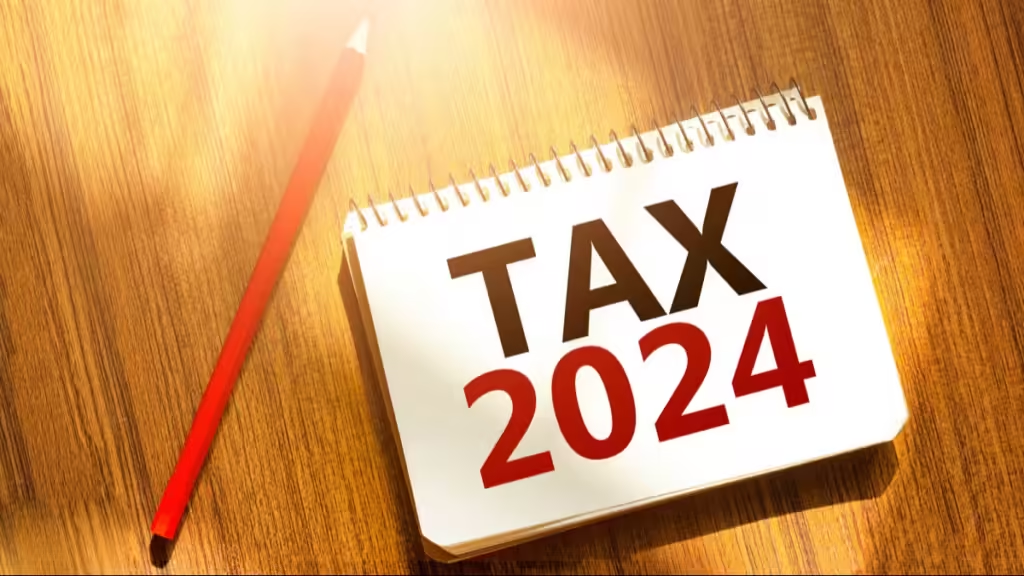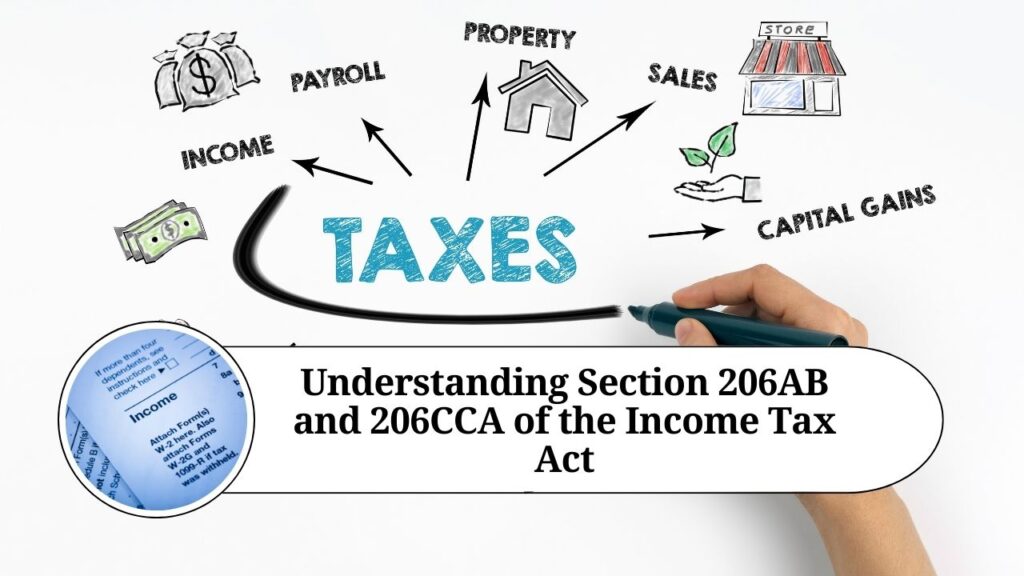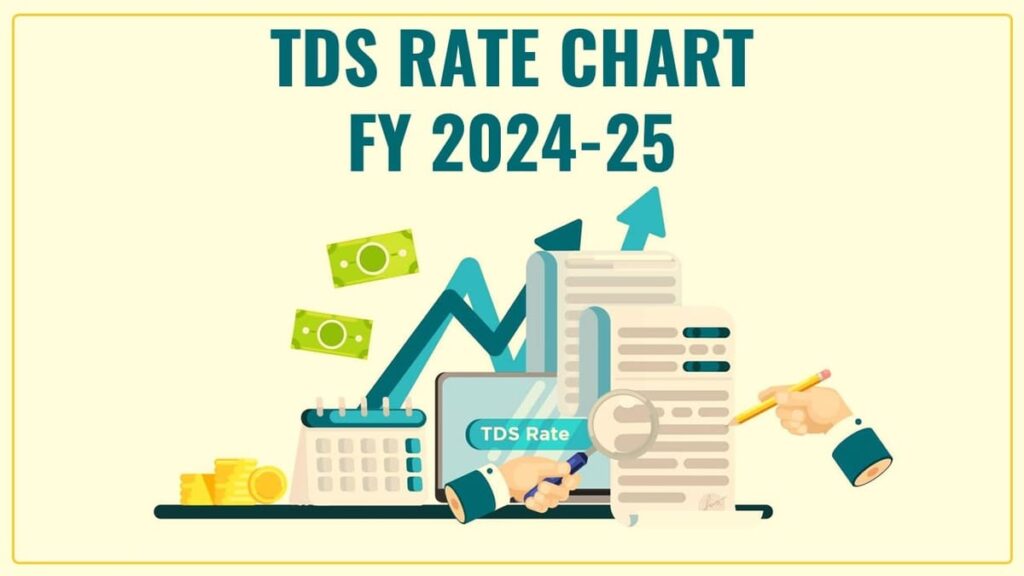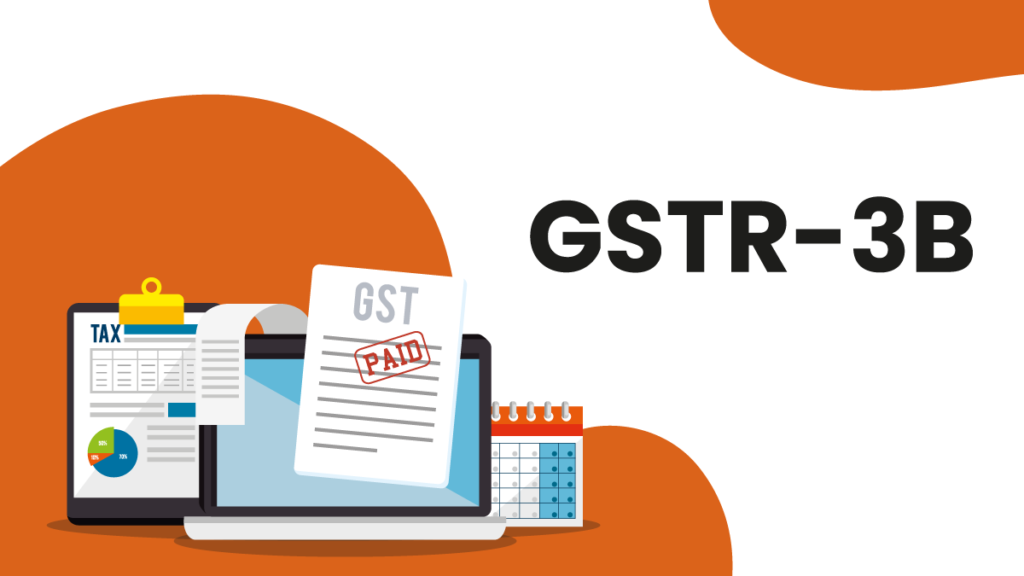How To File Complaint In Income Tax Department Against a Person | Detailed Guide 2023
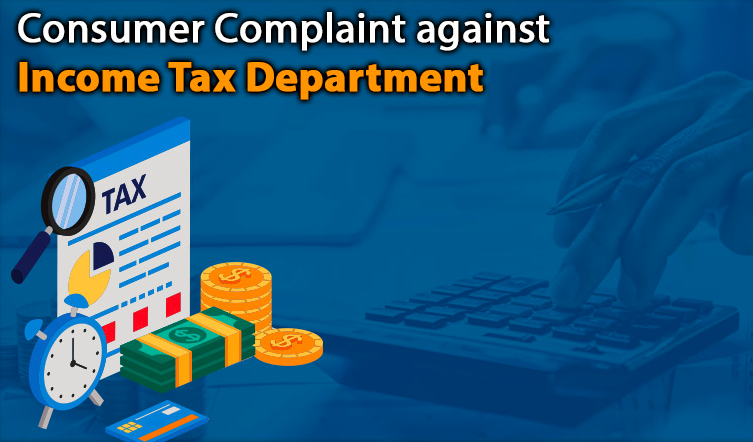
Filing a complaint against an individual with the Income Tax Department is an essential step toward ensuring tax compliance and promoting a fair and transparent tax system. The Income Tax Department provides a platform for taxpayers and concerned citizens to report instances of tax evasion, black money, undisclosed income, and other related matters. In this blog, we will provide you with a detailed and informative guide on how to file a complaint with the Income Tax Department, the process involved, and frequently asked questions to assist you in navigating through the procedure effectively.
Section 1: Types of Complaints Handled by the Income Tax Department
Contents
- Section 1: Types of Complaints Handled by the Income Tax Department
- Section 2: Preparing the Complaint
- Section 3: Online Complaint Filing
- Section 4: Offline Complaint Filing
- Section 5: FAQs on Filing Complaints with the Income Tax Department
- Q1: Can I file a complaint against someone if I am not sure they are evading taxes?
- Q2: Will the Income Tax Department disclose my identity if I file an anonymous complaint?
- Q3: How long does it take for the Income Tax Department to act on a complaint?
- Q4: Can I track the status of my complaint after filing it?
- Conclusion
The Income Tax Department plays a crucial role in ensuring tax compliance and fairness in the tax system. It actively encourages citizens and taxpayers to report any suspicious or fraudulent activities related to tax evasion, undisclosed income, black money, or other tax-related malpractices. Here are the main types of complaints that the Income Tax Department handles:
1. Tax Evasion: Tax evasion refers to the deliberate act of evading or avoiding tax payments by providing false information, understating income, inflating expenses, or using illegal means to reduce tax liability. This includes not reporting income, hiding assets, or engaging in fraudulent financial transactions to evade taxes.
2. Black Money: Black money is unaccounted or undisclosed income that has not been declared for tax purposes. It may be generated through illegal activities, unreported business transactions, or undeclared foreign assets. Filing a complaint regarding black money helps the authorities uncover unreported income and combat tax evasion.
3. Benami Transactions: A benami transaction involves purchasing property or assets in someone else’s name to conceal the real owner’s identity. Such transactions are illegal under the Benami Transactions (Prohibition) Act, of 1988. Reporting benami transactions helps identify hidden ownership and curb tax evasion.
4. Corruption: While not directly related to tax matters, corruption complaints within the Income Tax Department are essential for maintaining its integrity. Reporting instances of bribery, collusion, or misuse of power ensures a transparent and accountable tax administration.
5. Fake or Misleading Donation Receipts: Complaints related to fake or misleading donation receipts issued by charitable organizations for tax benefits are also investigated by the Income Tax Department. This helps prevent abuse of tax-exempt status and ensures that genuine donations receive legitimate tax benefits.
6. Whistleblower Complaints: Whistleblower complaints involve individuals reporting instances of tax fraud, evasion, or illegal activities within an organization. The Income Tax Department encourages whistleblowers to come forward and offers protection to those who provide credible information.
7. Non-Filing of Tax Returns: If an individual or entity with taxable income fails to file their tax returns, it can be reported to the Income Tax Department. Non-filing complaints help ensure that everyone fulfills their tax obligations.
8. Foreign Undisclosed Assets: Complaints related to individuals or entities possessing undisclosed foreign assets or accounts can be reported to the Income Tax Department. Such reporting assists in combating tax evasion through offshore accounts.
9. Misuse of Permanent Account Number (PAN): If you suspect that someone is misusing your PAN or using a fake PAN, you can file a complaint with the Income Tax Department to prevent any potential misuse or illegal activities.
10. Other Tax-Related Concerns: Citizens can also file complaints about any other tax-related issues that require investigation or attention by the Income Tax Department.
Section 2: Preparing the Complaint
2.1 Gather Evidence: Collect relevant documents, transactions, and any evidence supporting your complaint. This may include bank statements, property records, or communication with the individual involved.
2.2 Maintain Anonymity (Optional): If you wish to remain anonymous while filing the complaint, consider using the Income Tax Department’s anonymous complaint mechanism.
Section 3: Online Complaint Filing
Filing a complaint with the Income Tax Department has become more accessible and convenient with the advent of online services. The Income Tax Department’s e-filing portal provides a user-friendly platform for individuals to submit their complaints electronically. Here’s a step-by-step guide on how to file a complaint online:
Step 1: Registering on the Income Tax e-Filing Portal
Before you can file a complaint online, you need to register on the Income Tax Department’s e-filing portal. Follow these steps to create an account:
- Visit the official Income Tax e-filing website: https://www.incometaxindiaefiling.gov.in/
- Click on the “Register Yourself” button.
- Select your user type (Individual, HUF, etc.) and click “Continue.”
- Fill in the required details, including PAN, name, date of birth, and contact information.
- Create a unique User ID, password, and provide security-related details.
- Enter the Captcha code and click “Submit.”
Step 2: Accessing the Complaint Form
Once you have registered and logged into your e-filing account, follow these steps to access the complaint form:
- Click on the “Login Here” button on the e-filing homepage.
- Enter your User ID, password, and Captcha code to log in.
- After successful login, click on the “e-File” tab on the dashboard.
- Select “Submit Grievance” from the drop-down menu.
- Choose “Complaint” as the grievance category.
Step 3: Filling the Complaint Form
Now that you have accessed the complaint form, provide the necessary details accurately:
- Enter the name of the individual against whom you are filing the complaint.
- If available, provide the individual’s Permanent Account Number (PAN) for identification.
- Fill in the individual’s address and contact information.
- Provide a detailed description of the complaint, explaining the nature of the issue, the evidence you have, and any relevant transactions or incidents.
- Ensure that the description is clear and concise, and includes all pertinent information to aid the Income Tax Department in their investigation.
Step 4: Uploading Supporting Documents
To strengthen your complaint, you can upload relevant documents that support your claims. These may include bank statements, transaction records, property documents, or any other evidence related to the complaint. Make sure the documents are in PDF format and are appropriately labeled for easy identification.
Step 5: Submitting the Complaint
Review all the details entered in the complaint form and the uploaded documents for accuracy. Once you are satisfied that all the information is correct, click the “Submit” button to electronically submit your complaint to the Income Tax Department.
Step 6: Tracking the Complaint Status
After filing the complaint, you can track its status by following these steps:
- Log in to your e-filing account.
- Click on the “My Account” tab.
- Select “Service Request” from the drop-down menu.
- Click on “View Request” to see the status of your complaint.
Section 4: Offline Complaint Filing
4.1 Writing a Formal Complaint: Draft a formal complaint letter addressing it to the Principal Chief Commissioner of Income Tax or the Director-General of Income Tax.
4.2 Provide Complete Information: Include the individual’s name, PAN (if available), address, and a comprehensive description of the complaint, along with supporting documents.
4.3 Submitting the Complaint: Mail the complaint to the appropriate address of the Income Tax Department based on your location.
Section 5: FAQs on Filing Complaints with the Income Tax Department
Q1: Can I file a complaint against someone if I am not sure they are evading taxes?
A: Yes, you can report any suspicious activity or financial transactions to the Income Tax Department, and they will investigate the matter further.
Q2: Will the Income Tax Department disclose my identity if I file an anonymous complaint?
A: The Income Tax Department respects the privacy of complainants and ensures confidentiality, especially for anonymous complaints.
Q3: How long does it take for the Income Tax Department to act on a complaint?
A: The time taken to act on a complaint may vary depending on the complexity and nature of the case. The Income Tax Department makes all efforts to resolve complaints promptly.
Q4: Can I track the status of my complaint after filing it?
A: Yes, you can track the status of your complaint by logging into your e-filing account and checking the ‘Complaint Status’ section.
Conclusion
Filing a complaint against an individual with the Income Tax Department is a responsible act that contributes to maintaining tax integrity and fairness. Whether it involves tax evasion, black money, benami transactions, or corruption, reporting such activities is essential for a transparent and accountable tax system. By following the guidelines and procedures outlined in this blog, you can confidently file a complaint with the Income Tax Department and play a vital role in upholding tax compliance and accountability. Remember, your complaint could make a significant difference in promoting a tax-compliant society.


